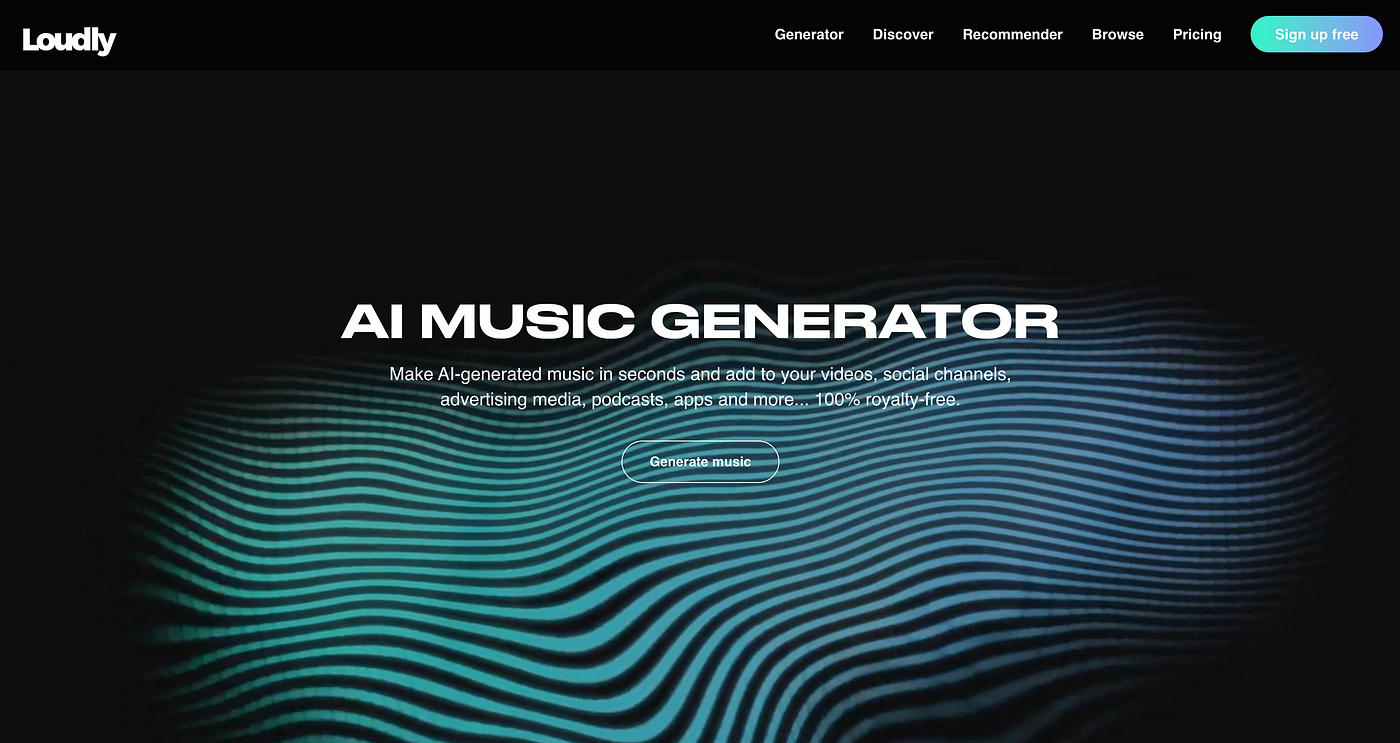Feds Charge AI Music Maker for Faking Streams In $10 Million Scheme
A musician from Cornelius, North Carolina has been charged with wire fraud conspiracy, wire fraud, and money laundering conspiracy in connection with a years-long scheme to manipulate music streaming platforms and pocket over $10 million in royalties with AI-generated songs.

From 2017 to 2024, Michael Smith, 52, allegedly used AI to generate songs and automated bots to inflate listener numbers across music streaming platforms. While the services used were not disclosed, major players like Spotify, Apple Music, and YouTube Music pay royalties to artists based on how popular they are.
Details of the Scheme
The case against Smith was announced Wednesday by the U.S. Attorney's Office for the Southern District of New York.
“Michael Smith fraudulently streamed songs created with artificial intelligence billions of times in order to steal royalties,” U.S. Attorney Damian Williams said in an official press release. “Through his brazen fraud scheme, Smith stole millions in royalties that should have been paid to musicians, songwriters, and other rights holders whose songs were legitimately streamed.”

AI Music Generation
Rates paid are typically a fraction of a penny per listen—so raising a substantial sum requires a staggering number of streams.
Smith’s method involved publishing hundreds of thousands of computer-generated tracks. Then, by using thousands of fake accounts and bots, Smith was able to generate around 661,440 streams per day—translating to approximately $1.2 million in annual royalties, the indictment said.
Legal Concerns
There is no mention of the AI service used to generate songs, but there are some very advanced music generators that can create good enough music in seconds. Udio and Suno are the two most popular ones, but some open-source experiments like Stable Audio 2 can be trained and fine-tuned based on specific user preferences.

This is murky terrain, though. AI music is not entirely banned, and Smith is not being sued for using AI. In fact, AI music is actually allowed on streaming platforms as long as they don’t violate any of the policies that apply to human-made songs. There are even platforms that focus entirely on streaming AI music and other types of AI-generated content.
Conclusion
The indictment details the absurdity of some of Smith’s AI-generated songs, featuring titles like “Zygophyllaceae” and “Zymotechnical,” and attributed to fictitious artists such as “Calypso Xored” and “Camel Edible.” Despite their nonsensical nature, these tracks logged a flood of streams thanks to Smith’s bot network.
Each of the charges against Smith—wire fraud conspiracy, wire fraud, and money laundering conspiracy—carries a maximum sentence of 20 years in prison.
"Thanks to the work of the FBI and the career prosecutors of this office, it's time for Smith to face the music," Williams said.










